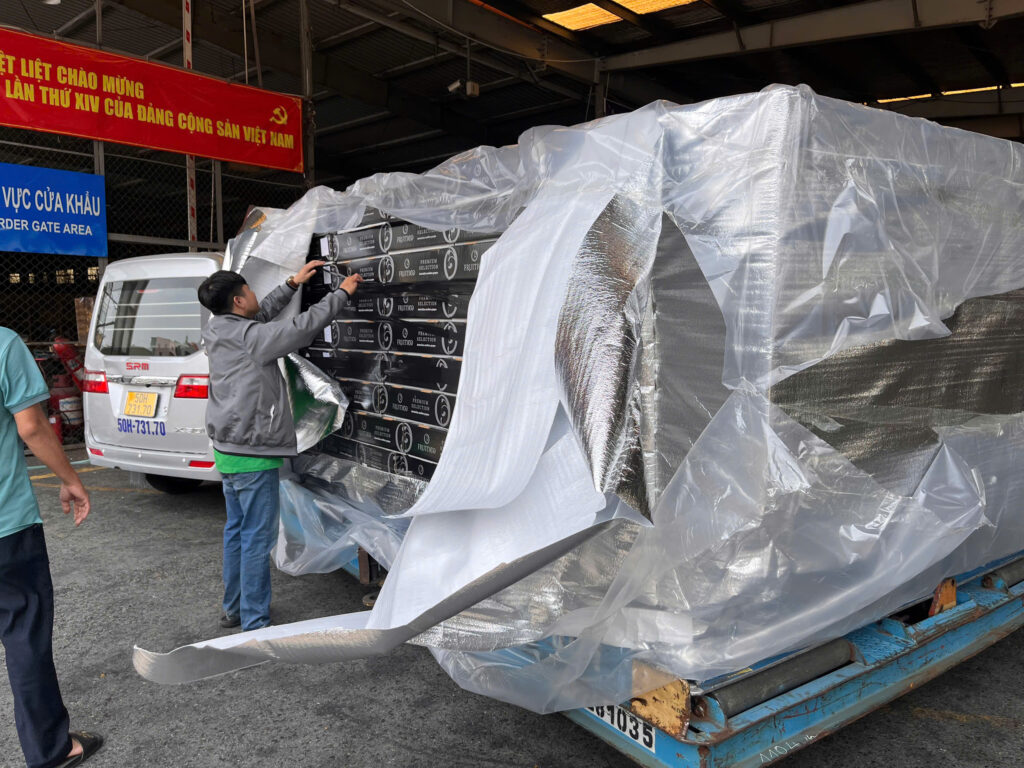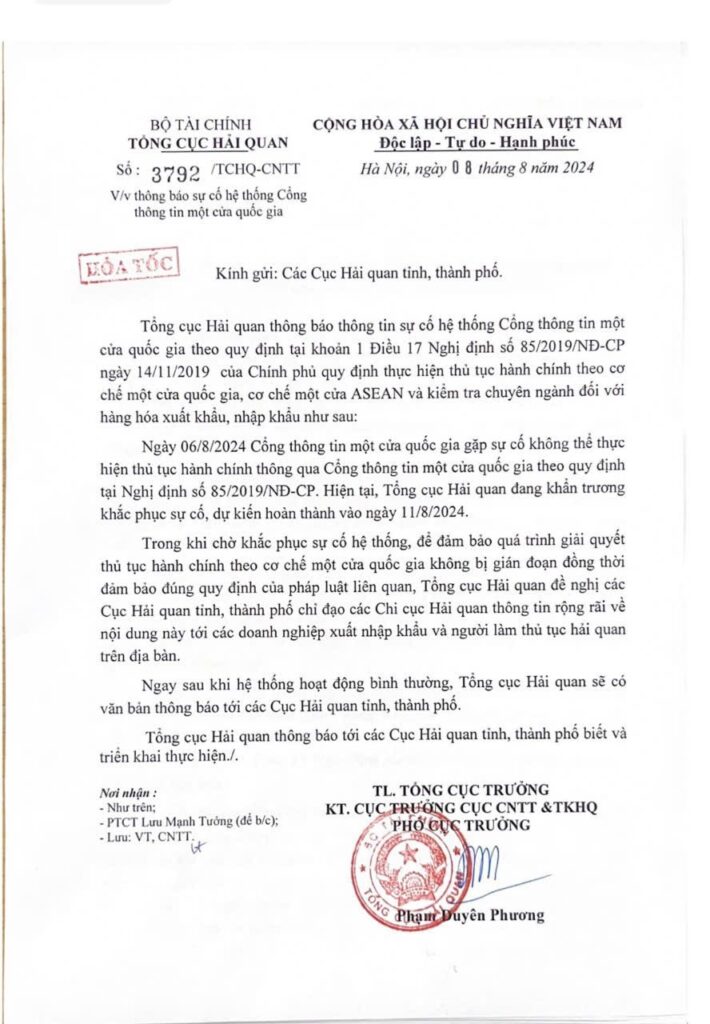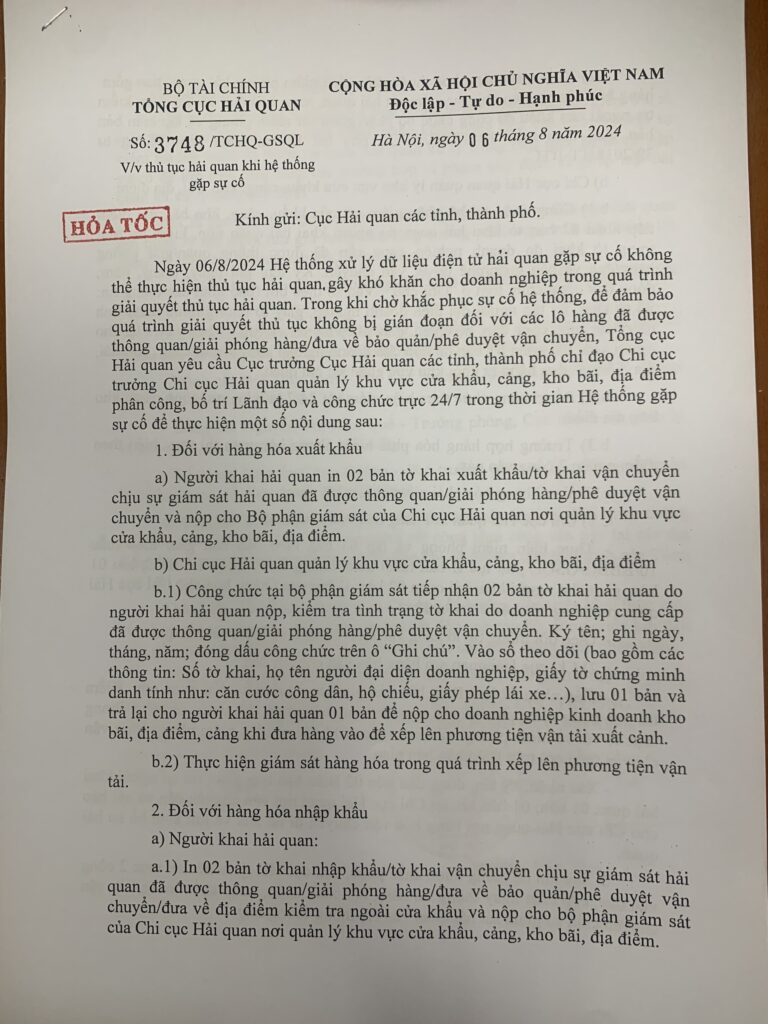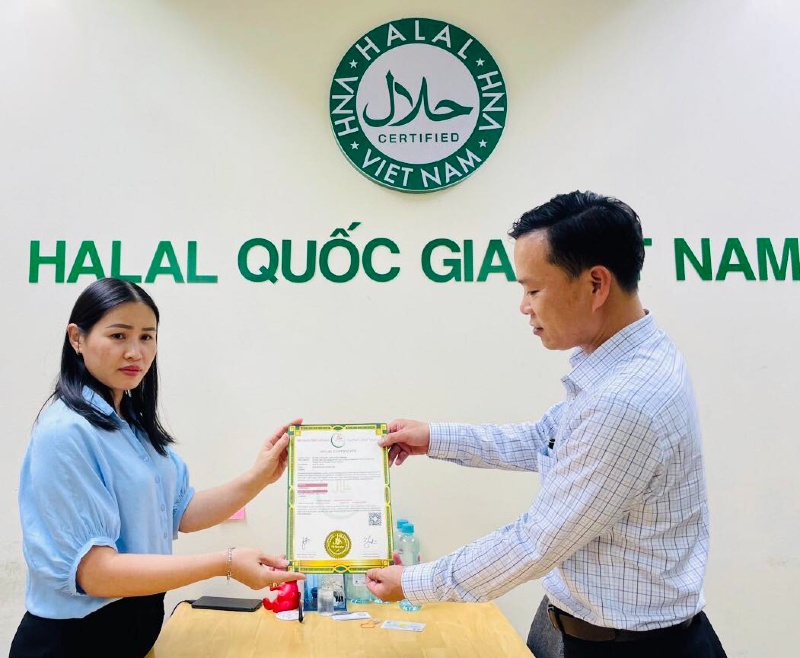Dinh Trieu Trung is a world-famous physicist who has made significant contributions to the field of elementary particle physics. Born in 1936 in Ann Arbor, Michigan (USA), Mr. Dinh grew up in China during a turbulent period in the country's history.
On his journey to overcome challenges and obstacles to become one of the most respected scientists of his generation, Dinh Trieu Trung was inspired by his mother, Mrs. Vuong Tuyen Anh, with great motivation. Soft and non-coercive education.
Vuong Tuyen Anh was born in Shandong province in 1908. Her father was an educated man who studied civil engineering abroad in Japan.
Mrs. Vuong showed her intelligent qualities from a young age, and her father deliberately did not let her learn the rules of feudal etiquette when he repeatedly harshly criticized the old-fashioned way of thinking that "women Women do not have talent", "women who do not study are virtuous", according to Sohu.
Therefore, Ms. Vuong received formal education, graduated from Yenjing University in Beijing and then studied abroad at the University of Michigan (USA). Here, she met her husband and the two fell in love.
She got married and gave birth to a son in America, named Dinh Trieu Trung. When her son was 2 years old, she took him back to China. The war against Japan broke out and Ms. Vuong's family had to evacuate everywhere. When peace was restored, Ms. Wang assumed positions such as Professor at Sichuan Normal University or Professor at the National Academy of Social Education.
As a woman with outstanding talent, Vuong Tuyen Anh applies a gentle and pressure-free method of educating her children. In Dinh Trieu Trung's mind, his mother is the person who inspired him and had a passion for learning. She never imposed a requirement on him to achieve a perfect score of 100 (equivalent to a score of 10 in Vietnam).
In fact, Dinh Trieu Trung spent a period of time studying at home due to the effects of the war. During this time, during the day, he reviewed old lessons. In the evening, his parents taught him new knowledge, in which he shared that he preferred studying with his mother because of the approach of a psychology professor. When the war ended, he returned to school but found it difficult to keep up with the new learning style.
Even though both parents have professorships, they never pressure their children to study. In their free time, they also take little Vuong to see movies or plays to avoid overloading him with his studies. It is these educational methods that have created one of the world's leading experimental physicists.
In addition to his mother's educational methods, it was his father who passed on the scientific fire to Mr. Dinh since he was young. His father, Dinh Quang Hai, is an excellent professor of civil engineering at Shandong University, having studied at top schools such as Shanghai Jiaotong University and the University of Michigan.
Dinh Quang Hai introduced his son to the wonders of Mathematics and Physics, making him fascinated by the mysteries of the universe and spending hours studying the stars and planets.
In 1956, Dinh Trieu Trung came to America to pursue research in Physics. He received his bachelor's degree from the University of Michigan (where his parents had studied) and went on to complete his PhD in Physics at Columbia University in 1962. After that, Mr. Dinh stayed at the faculty as an assistant professor. . It was during his time at Columbia that he participated in the research that later earned him the Nobel Prize.
In 1976, Dinh Trieu Trung and his colleagues were awarded the Nobel Prize in Physics for their work in discovering the subatomic particle meson - the J/Psi particle. According to the Nobel Committee, the group of authors was awarded the prestigious prize "for their pioneering work in the discovery of a heavy elementary particle of a new type". Unfortunately, Mrs. Vuong passed away before seeing her child reach the pinnacle of science.
Currently, Dinh Trieu Trung is a professor of Physics at the Massachusetts Institute of Technology (USA). Thus, Mr. Dinh's family includes 5 people, including 1 Nobel Prize winner and 3 professors working at the world's top universities.







